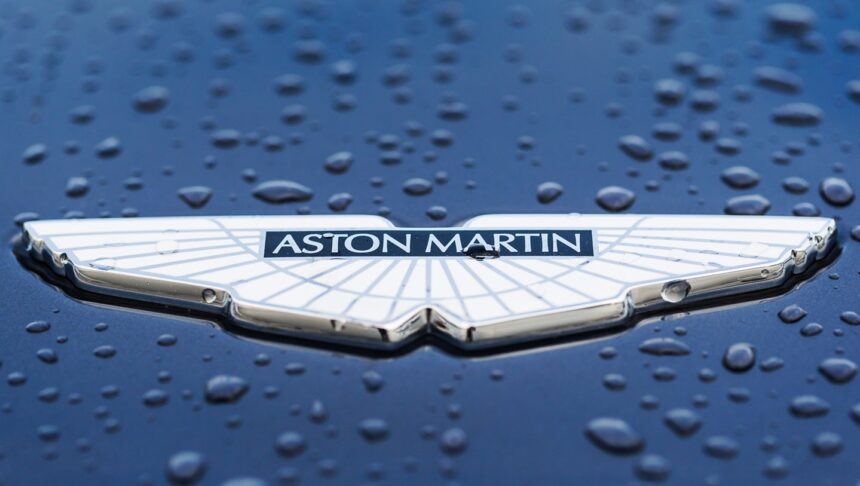Aston Martin, known for its luxury cars, has recently reported a 3% decrease in revenue for the financial year 2024, totaling £1.58bn ($2bn), down from £1.63bn in the previous year. The decline has been attributed to lower volumes and foreign exchange (FX) headwinds.
In the fourth quarter of 2024, the company saw a 1% drop in revenue to £589.3m compared to the same period a year ago. The gross profit for the year fell by 9% to £584m, with a gross margin decrease of 220 basis points to 37%. This was primarily due to the impact of portfolio transition, product mix phasing, volume, and foreign exchange headwinds.
Despite these challenges, Aston Martin’s adjusted EBITDA for the year was down 11% at £271m, with an adjusted EBITDA margin of 17%. Adjusted operating expenses also decreased by £20m to £313m, with a significant reduction in the fourth quarter compared to the previous year.
The company’s free cash outflow for the year was £392m, with net debt standing at £1,163m as of December 31, 2024. In response to the financial challenges, Aston Martin has announced organizational adjustments, including a reduction of approximately 170 jobs, around 5% of the global workforce, to save about £25m annually in operating expenses.
Looking ahead to the financial year 2025, Aston Martin expects a gross margin improvement to around 40%, driven by more efficient production, new models, and product innovation. The company also projects a further reduction in adjusted operating expenses to around £300m, with capital investment expected to be around £400m.
For the medium-term outlook for the financial year 2027/28, Aston Martin anticipates revenue of around £2.5bn, a gross margin in the mid-40s%, adjusted EBIT of around £400m, an adjusted EBIT margin of around 15%, and sustainably positive free cash flow.
Aston Martin’s CEO, Adrian Hallmark, expressed confidence in the company’s future success, citing strategic shareholders, technical partners, a revitalized brand, talented employees, and a strong product portfolio. The upcoming Valhalla, a mid-engined hybrid supercar, is expected to further strengthen the company’s position in the market.
Hallmark emphasized the importance of operational excellence and profitability as the company continues its transformation. He outlined a strategy for long-term growth, with a focus on delivering positive adjusted EBIT and free cash flow in the coming years.







